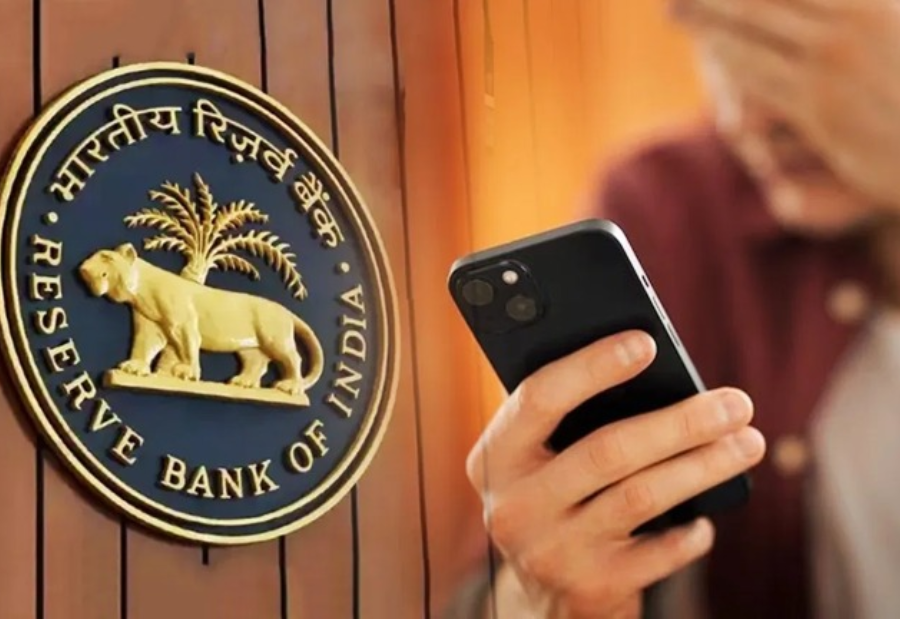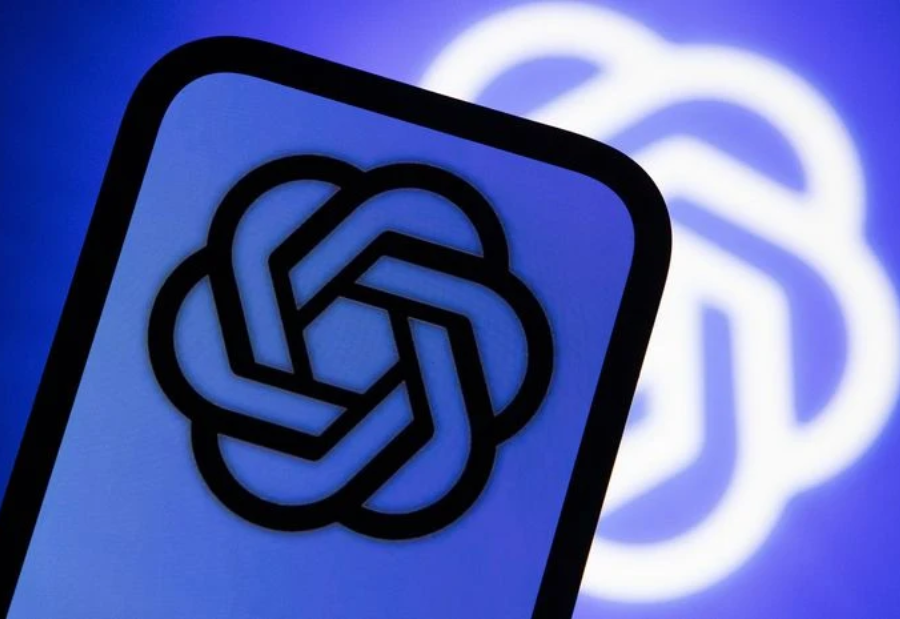The Reserve Bank of India (RBI) is preparing to update its Fair Practices Code, which could soon give banks and lenders the authority to remotely lock smartphones of borrowers who default on loans. The move comes amid rising cases of consumer loan defaults and has raised concerns about fairness, data privacy, and digital inclusion.
The proposal means that consumers who buy expensive smartphones on instalments may face stricter consequences if they fail to pay their equated monthly instalments. The debate also highlights larger questions about privacy and control in a digital era.
How the phone lock system would work
Under the RBI proposed framework, banks and non-banking financial companies would be allowed to disable devices purchased on credit if borrowers miss their payments. The system relies on certified apps installed at the time of purchase, such as Google Device Lock Controller, Samsung Finance+ (for Samsung devices), or other third-party services. These apps are designed to restrict the use of core functions while preserving emergency access, such as making distress calls. Importantly, they do not allow lenders to access user data but instead enforce a lockout until dues are cleared.
If the RBI new guidelines are implemented, lenders may be required to work closely with app developers to ensure data privacy and transparency. Borrowers could also be allowed to retain limited phone functions until payments are made.
When lenders can lock a device
The draft rules set clear conditions. Lenders must obtain explicit consent from borrowers before activating any remote locking. They will also be prohibited from accessing personal data on locked phones, which addresses past concerns about privacy violations and misuse by recovery agents.
Last year, RBI had asked lenders to stop using such phone locking measures after concerns were raised over misuse. These practices often relied on third-party apps installed at the time of loan issuance. However, technology firms now claim that advances in encryption and compliance systems will ensure that only the borrower’s device is locked and only for the minimum required period.
The directive, if finalised, could redefine how lenders enforce repayments but also raises questions about the balance between financial discipline and consumer rights.
Also read: Viksit Workforce for a Viksit Bharat
Do Follow: The Mainstream formerly known as CIO News LinkedIn Account | The Mainstream formerly known as CIO News Facebook | The Mainstream formerly known as CIO News Youtube | The Mainstream formerly known as CIO News Twitter |The Mainstream formerly known as CIO News Whatsapp Channel | The Mainstream formerly known as CIO News Instagram
About us:
The Mainstream formerly known as CIO News is a premier platform dedicated to delivering latest news, updates, and insights from the tech industry. With its strong foundation of intellectual property and thought leadership, the platform is well-positioned to stay ahead of the curve and lead conversations about how technology shapes our world. From its early days as CIO News to its rebranding as The Mainstream on November 28, 2024, it has been expanding its global reach, targeting key markets in the Middle East & Africa, ASEAN, the USA, and the UK. The Mainstream is a vision to put technology at the center of every conversation, inspiring professionals and organizations to embrace the future of tech.




